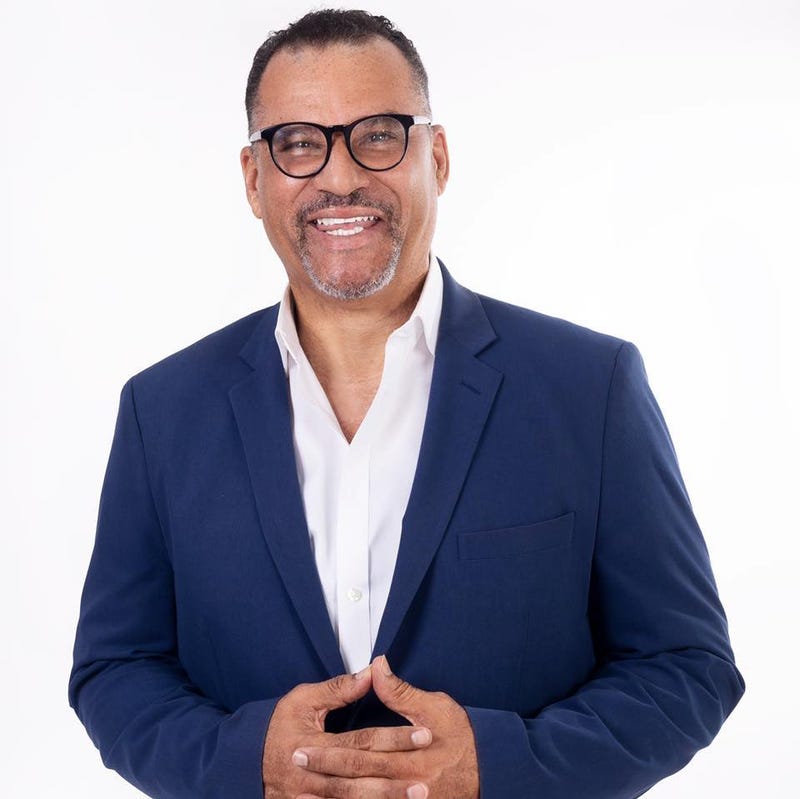
Early voting is underway for the runoff election in New Orleans and the race for City Council District E is seeing a lot of attention. Former City Councilman Oliver Thomas gained enough votes to enter a runoff against incumbent Cyndi Nguyen. When I spoke with Thomas, he did not shy away from addressing his past bribery conviction. In 2007 he pleaded guilty to taking $20,000 in bribes and kickback from a businessman hoping to get a public parking contract and was sentenced to 37 months in prison.
First off, Mr Thomas, introduce yourself to our audience.
I was born and raised in the Lower Ninth Ward and currently live in Lake Willow. I was a former City Councilman and City Council President. I've done a little work in the film industry and worked for an engineering and consulting firm over the last several years. Now, I have the motivation to step back into politics because of the disparities going on in my district. District E is number one in murder, number one in dumping, number one in crime... folks who can afford to are leaving the area. I think it’s essential and important to give citizens the opportunity to vote for someone who understands the district, has institutional knowledge and a legislative background that can make a difference.
You've served your debt to society, and the law allows you to return to politics and run for this seat. What do you tell voters who are on the fence about voting for you?
I did pay my debt to society, and I've worked hard to change my life and to be a better version of myself politically and personally... as a husband, a father, a man, and as a community advocate.
I asked for a second chance, and the citizens of District E have voted for me to run against the incumbent. I don't want to take advantage of that confidence.
Are you frustrated by the speed at which the City Council addresses blight and crime?
Some people look at a strong council as being anti-administrator. A strong council understands land use, zoming, budgeting, can plan, impact public policy and deal with accountability. We saw that in the 1990s and we saw that with other administrations. The stronger your legislative branch is, that’s actually an asset to a community.
I have often wondered about how the ills of the Sewerage and Water Board have been governed. When we pass from administration to administration, the focus often changes and we get stuck on stuck.
I think it's time to take another look at the governance structure, since it is its own municipal agency. The infrastructure is so old and maintenance has been neglected. From what I’ve heard from citizens, something different needs to be done. It's like when you have community people on a board, it is operated better than with what all these experts that are on the board. At least community people are protecting the interests of citizens in terms of rate increases!
